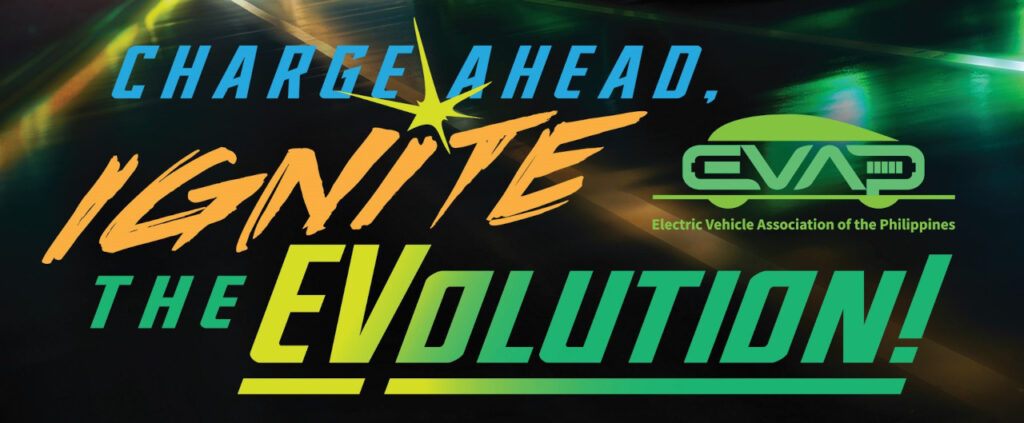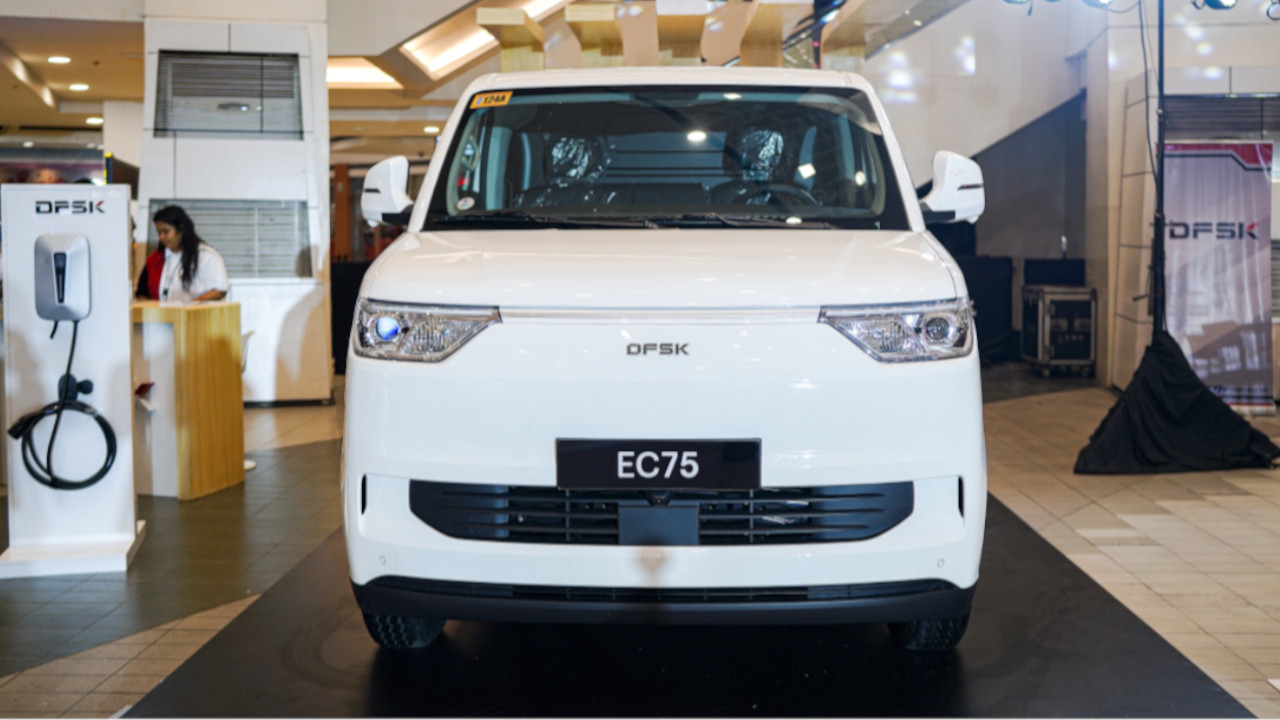Philippines EV Sector Sees Massive Investments, Paving Way for Sustainable Mobility and Economic Growth through Local and International Partnerships
The Philippines’ electric vehicle (EV) sector is gaining momentum with significant investments pouring in from local and international companies. The Electric Vehicle Association of the Philippines (EVAP) is set to host its 13th Philippine Electric Vehicle Summit (PEVS) from October 23 to 25, highlighting the latest innovations and technologies in the industry. With the government’s push for EV adoption, companies like Mitsubishi Motors Philippines Corp are investing ₱7 billion, while the Asian Development Bank has pledged $100 million to support the sector’s growth.
–Diana Lyn A | Traffic Network PH
PH EV Sector Charges Ahead with More Investments to Ignite Long-Term EVolution
EVAP mounts biggest Philippine Electric Vehicle Summit in its 13th edition.

OFFICIAL RELEASE: EVAP | PUBLISHER: ADVAI
Pasay City—The Philippines remains on track to more sustainable mobility as the public and private sectors gear up to collaborate further and push for massive local adoption of electric vehicles (EVs). Through the Electric Vehicle Development Act (EVIDA) that was enacted in 2022, the growth of the EV sector continues, and more investments come in from PH-based and international private companies.
Earlier this month, the Board of Investments (BoI) announced a new exploration from a new Chinese delegation for the possibility of establishing new local facilities manufacturing EVs and renewable energy equipment. The investment promotion agency is yet to share more details about this deal but has the assurance that it is likely to push through.
At the same time, the Department of Energy (DOE) has hinted about receiving expressions of interest from still undisclosed private investors that aim to roll out a combined 4,000 EV charging stations (EVCS) nationwide in two to three years.
In June, Mitsubishi Motors Philippines Corp announced its intention to infuse an additional ₱7 billion to the country in the next five years. The company said that this time, it will be heeding the government’s push for EVs and renewable energy. During the same month (June), the Department of Trade and Industry lobbied the new Electric Vehicle Incentive Strategy (EVIS), which when approved could generate up to ₱11.4 trillion in economic outputs and possibly create nearly 700,000 local jobs in EV assembly, battery production, EVCS installation, and maintenance services.

More promising investments
Even the Asian Development Bank has agreed to infuse $100 million (about ₱5.841 billion) into the local EV sector through a financing arrangement with the Ayala Corporation, which operates ACMobility, one of the current biggest distributors of EVs locally. In January, the partners announced that the funding is allocated for the procurement of EV charging stations and of more units for commercial distribution.
And lastly, Australia’s StB GIGA Factory in September 2024 opened the first EV battery facility in the country, located in New Clark City. The manufacturing plant is now running to annually produce 2 gigawatt-hours of batteries by 2030—enough to power up to 18,000 EVs with a still significant portion eyed for possible export. It has since been helping attract more investments into the country for the renewable energy and EV sectors.
These investments, on top of other similar deals and initiatives in the EV sector, are also aligned with the Comprehensive Roadmap for the Electric Vehicle Industry (CREVI) that is aimed at bolstering the EV adoption nationwide through deploying up to 7,300 EV charging stations (EVCS) by 2028. The target is to deploy over 20,400 EVCS by 2040 to service a projected 2.5 million EVs running on local roads by that time.
Crucial time
“After lobbying for the legislations and national policies that initiate and propel the growth of the local EV sector, EVAP recognizes the fact that we remain in a more crucial time,” says EVAP President Edmund Araga. “EVs require sufficient and reliable charging infrastructure nationwide. At the same time, we should also get to the forefront of the development of more efficient and accessible battery technologies. Hence, we are supporting national efforts to establish more partnerships with the private sector and potential investors.“
Araga emphasizes that the country’s EV sector is keeping the ignition on to further help in nation building through the major investments coming in—creating more jobs, contributing to economic outputs, promoting a cleaner environment, and improving efficiencies in terms of mobility as petrol prices remain volatile.
“We at EVAP and the entire EV sector are keeping our commitment to support the government in reciprocation to its unwavering backing. We uphold our pledge to collaborate with all stakeholders and bring Filipinos the reliable, safe, and efficient mobility they deserve. Let’s keep on working together to uplift each other. We are here to continue bringing good news amid all the noise surrounding all of us these days,” Araga says.
These and more significant issues involving the local sector are put to the spotlight as EVAP presents the 13th edition of the Philippine Electric Vehicle Summit (PEVS) from October 23 to 25 at the SMX Convention Center Manila. With the theme ‘Charge Ahead, Ignite the EVolution,’ PEVS 2025 is also keeping its tradition of showcasing the latest innovations, technologies, and models from various EV brands.
EVAP is presenting PEVS 2025 with partners BYD Cars Philippines, Omoda & Jaecoo Motor Philippines Inc, United Asia Automotive Group Inc (UAAGI), GAC Dangdang, and the Department of Energy.
Visit the PEVS website (https://pevsummit.com) to learn more and to register for free.
Elevate your digital journeys in tech-driven mobility with Traffic Network PH powered by EVAP.









